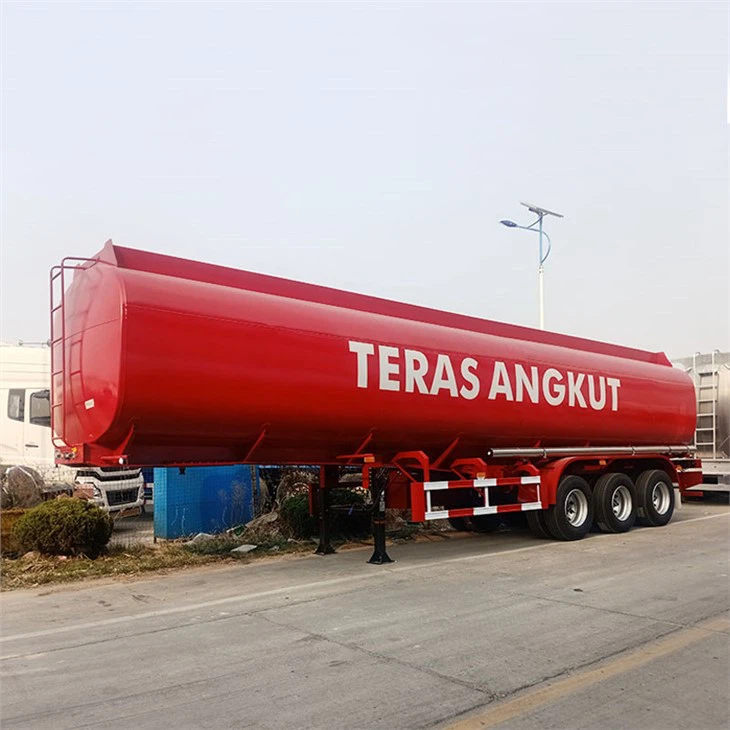Everything You Need to Know About Knock-Down Kits

With the rise of DIY projects and increasing interest in modular construction, knock-down kits have become a popular choice among homeowners and builders. These kits offer versatile solutions for various needs, from furniture assembly to entire buildings. In this comprehensive guide, we will explore what knock-down kits are, their benefits, and practical tips to help you choose the right one for your next project.

What are Knock-Down Kits?
Knock-down kits are pre-packaged sets of components designed for easy assembly and disassembly. They typically come with all the necessary parts, tools, and instructions needed to construct an item, whether it’s a piece of furniture, shelving unit, or even prefabricated room modules. The primary advantage of these kits is their convenience, as they can be shipped easily and assembled on-site.
Types of Knock-Down Kits
1. Furniture Kits
Furniture knock-down kits are designed to create individual pieces such as chairs, tables, and cabinets. These kits can often be assembled with minimal tools and are popular among those who like to personalize their living spaces.
2. Storage Solutions
Storage solutions such as shelving units and cabinets are also available as knock-down kits. They come with adjustable components that can fit various spaces, making them an economical choice for homeowners.
3. Prefabricated Buildings
Some companies provide larger knock-down kits for structures like garden sheds or tiny homes. These kits generally include wall panels, roofing, and flooring materials that can be easily assembled without professional help.
4. Home Improvement Kits
Knock-down kits can also include components for home improvement projects, offering packages that include installation materials for windows, doors, and cabinetry.
Benefits of Using Knock-Down Kits

1. Cost-Effective
Knock-down kits often represent a more affordable option compared to custom-built products. They significantly reduce labor costs since consumers can assemble them independently.
2. Space Saving
These kits generally come in compact packaging, making them easier to transport. This benefit is particularly important for urban dwellers with limited storage space.
3. Easy Assembly
Most knock-down kits come with clear instructions and all the necessary tools, which makes the assembly process straightforward. Many kits require no prior experience or special skills.
4. Customization Options
Consumers can often choose from different finishes and materials, allowing for a personalized touch to match individual tastes and home aesthetics.
5. Eco-Friendly Options
Many manufacturers now offer sustainable material options in their kits, promoting environmentally friendly choices for consumers looking to reduce their ecological footprint.
Choosing the Right Knock-Down Kit
1. Assess Your Needs
Before purchasing a kit, take the time to evaluate your requirements. For instance, are you looking for a temporary structure, or do you need a long-lasting solution? This determination will help narrow down your choices.

2. Check the Material Quality
The longevity of your purchased item largely depends on the materials used. Look for kits that use durable materials such as solid wood or high-quality composites.
3. Read Reviews and Ratings
Doing research through online reviews, ratings, and testimonials can offer insights into the quality and ease of assembly of specific knock-down kits. Choose products with a significant number of positive reviews.
4. Look for Comprehensive Instructions
Ensure that the kit you select has clear, thorough assembly instructions that are easy to understand. Good documentation will minimize frustration during the building process.
5. Consider Size and Space
Measure the area where you plan to install the item from the knock-down kit. Be sure to account for any additional spacing needed for accessibility.
6. Budgeting
Set a budget before diving into purchases. While knock-down kits are generally more affordable than custom-made items, prices can still vary widely between brands and product types.
Practical Examples of Knock-Down Kits
1. IKEA Furniture
IKEA is a well-known provider of knock-down kits for various furniture items. Their assembly instructions are iconic for being straightforward and user-friendly, catering to a wide audience.
2. Modular Shed Kits
Companies like Tuff Shed offer pre-designed, knock-down kits for garden sheds. Customers can select the size and style, and they receive all the parts needed to build the structure on-site.
3. Tiny Home Kits
Businesses like Tiny House Builders sell knock-down kits that include everything from basic framing to roofing. This option is great for those looking to create a small, efficient living space.
Common Uses for Knock-Down Kits
1. DIY Projects
Many people turn to knock-down kits for DIY projects, providing a satisfying way to create something personalized and unique while acquiring new skills.
2. Temporary Structures
Knock-down kits work well for temporary installations, such as booths for trade shows, which can be easily set up and taken down.
3. Student Housing
Universities often utilize knock-down kits for student housing, providing affordable, easy-to-assemble accommodation that can be adapted based on demand.
4. Remote Workspaces
As more people work from home, DIY office kits are gaining popularity, offering stylish and efficient workspaces that can adapt to changing needs.
Considerations for Disassembly and Relocation
1. Reusability
One of the benefits of a knock-down kit is that it can be disassembled and relocated. When considering a kit, check if the materials can withstand repeated assembly and disassembly.
2. Maintaining the Kit
Regular maintenance is essential to ensure longevity. Clean and inspect components periodically to address any wear and tear that may arise from disassembly.
3. Storage Methods
When not in use, store the kit in a controlled environment to prevent damage from weather conditions, especially for outdoor kits.
FAQ Section
1. What are the main advantages of knock-down kits?
The main advantages include cost-effectiveness, space-saving packaging, ease of assembly, customization options, and potential eco-friendliness.
2. Are knock-down kits suitable for beginners?
Yes, knock-down kits are designed with the average consumer in mind and typically include user-friendly instructions, making them suitable for beginners.
3. Can I personalize my knock-down kit?
Most knock-down kits offer some degree of customization in terms of finishes and components, allowing you to create a personalized product.
4. How do I ensure a knock-down kit is of good quality?
Check for reviews, assess the materials used, and ensure that the vendor provides comprehensive instructions for assembly.
5. What is the best way to store a knock-down kit when not in use?
Store it in a dry, controlled environment, away from extreme temperatures and moisture to prevent damage to the materials.
6. Are there eco-friendly options available in knock-down kits?
Yes, many manufacturers now produce knock-down kits using sustainable materials, promoting a greener choice for consumers.
